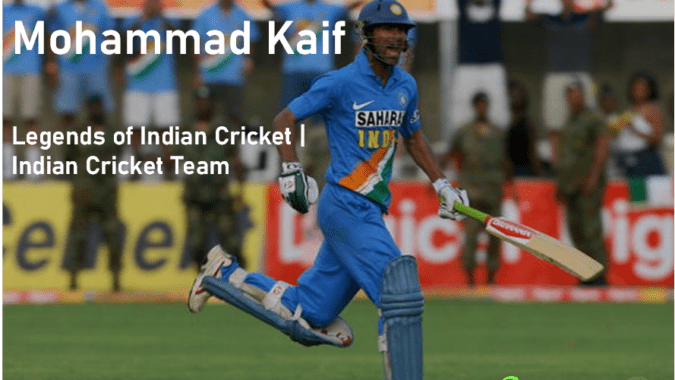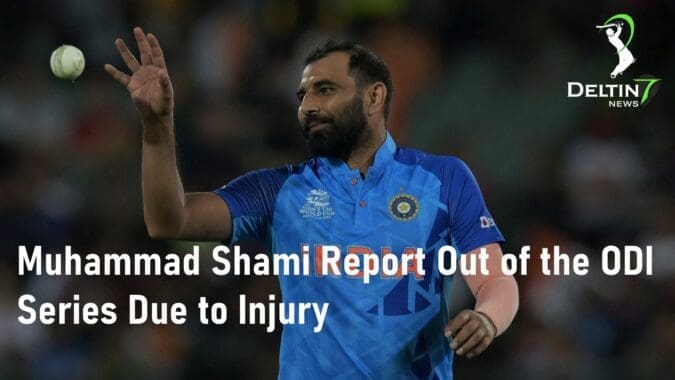Asif Afridi; Pakistan Cricket Player Corruption Found Guilty, 2 Year Ban From PCB – Match fixing and corruption are two of the biggest threats facing cricket today. The problem is not new, but it is one that continues to persist, despite the efforts of the governing bodies to eradicate it. In recent times, the Pakistan Cricket Board (PCB) has taken a tough stance on corruption in the sport, and the latest example is the case of Asif Afridi.
Afridi, a 36-year-old left-arm spinner, has been banned for two years by the PCB for violating their Anti-Corruption Code. The ban will come into effect on September 12, 2022, the date he was provisionally suspended, and will last for two years.
This ban is a result of two separate breaches of the code, one of which involves “directly or indirectly soliciting, inducing, enticing, persuading, encouraging or intentionally facilitating any Participant to breach any of the foregoing provisions of this Article 2.4.”
While the exact nature of this offence remains undisclosed, it is a serious breach of the code, and one that has resulted in a two-year ban for Afridi.
The other breach, which concerns the non-reporting of corrupt approaches, has resulted in a six-month ban, which will run concurrently with the two-year ban.
Another Pakistan Cricket Player Corruption Found Guilty – Receives a 2 Year Ban From PCB
It is worth noting that the maximum punishment for these types of offences is a lifetime ban. However, the PCB has taken into account Afridi’s admission of guilt, level of remorse, and past track record in deciding the length of the ban.
The PCB chairman, Najam Sethi, has said that the board has a zero-tolerance approach towards such offences and that they need to make examples and send out strong messages to all cricketers.
Corruption in cricket is a problem that threatens the integrity of the sport, and it is a problem that the PCB is actively trying to address. The board has been investing heavily in player education, to help cricketers remain vigilant and to encourage them to report any approaches.
However, despite these efforts, some players may still fall victim to their greed, and in such cases, the PCB has no sympathy.

Asif Afridi may not have played international cricket for Pakistan, but he has been named in their T20I and ODI squads, and has also played for Multan Sultans in the Pakistan Super League (PSL).
His last match was in the National T20 Cup in August 2022. With his ban now in place, Afridi will have plenty of time to reflect on his actions and the consequences they have brought upon him.
In conclusion, the PCB’s tough stance on corruption in cricket is a step in the right direction, and serves as a warning to all cricketers that such behaviour will not be tolerated.
Another Pakistan Cricket Player Corruption Found Guilty – Receives a 2 Year Ban From PCB
The board’s investment in player education is also commendable, as it helps to prevent players from falling into the trap of match fixing.
In order to prevent future instances of corruption in cricket, it is important that players are well-educated on the dangers of match fixing and the consequences of engaging in such activities. The PCB’s player education program is a crucial component in this effort, and it is hoped that this will help players to understand the importance of maintaining the integrity of the sport.
The board’s investment in player education is a positive step towards preventing future cases of corruption in cricket, and it is a testament to the importance that they place on maintaining the integrity of the sport.
Cricket has been enjoyed by millions of fans around the world for generations, and it is up to the governing bodies, players, and fans to ensure that this continues. By taking a strong stance against corruption, the PCB is helping to protect the sport from those who would seek to profit from its downfall.
The ban on Asif Afridi serves as a reminder that the board is committed to combating corruption in cricket and that those who engage in such activities will face severe
consequences. The future of the sport depends on the efforts of everyone involved to maintain its integrity, and the PCB’s zero-tolerance approach to corruption is a positive step in the right direction.














